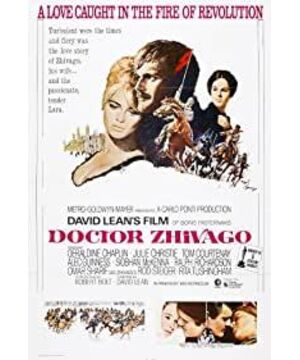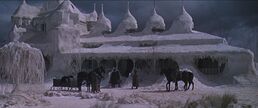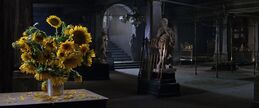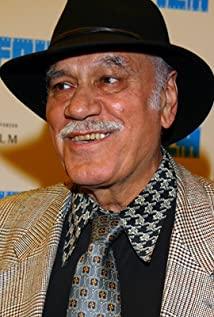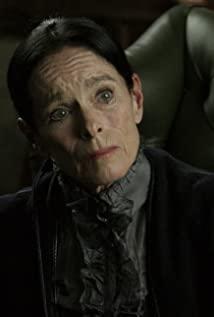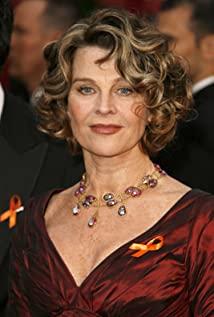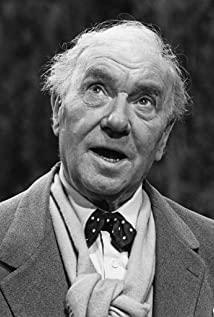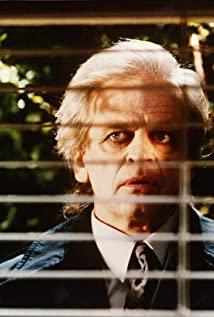Watching "Doctor Zhivago" (Doctor Zhivago), deeply feel the fragility and nobility of life. In turbulent times, everyone is like duckweed in the water, it is difficult to grasp their own direction. Zhivago finally returned to Moscow from the battlefield of World War I and returned to his family, only to find that his big house was occupied, and the owner had no right to allocate the house space. Later, Zhivago left Moscow and went to live in the countryside. He finally lived a peaceful life with his family, but was forcibly taken away by the Red Army guerrillas and became their military doctor. Zhivago participated in an ambush by the guerrillas. After a short battle, they discovered that the enemy killed were actually teachers and students of the school. Those students were only teens, and they were still childish. Their lives came to an end prematurely. Later, Zhivago found an opportunity to leave the guerrillas and go back to find his family, where he met his beloved Lana again. After getting a letter from Lana from her family, Zhivago stayed with Lana after learning that the family was safe. The peaceful days were soon broken by Victor, who brought bad news to Zhivago and Lana. Zhivago's family had immigrated to Paris, and Zhivago and Lana were always in danger of being arrested. After Zhivago chased away the uninvited guest Victor, he took Lana and her daughter to live in the country. Soon, Victor came to break their peace, and Victor brought even worse news. For the safety of Lana and her daughter, Zhivago persuaded Lana to take her daughter and leave with Victor, but he did not fulfill his promise to go with everyone and stayed alone. This parting turned out to be the farewell of Zhivago and Lana.
In the movie, although the power of individuals seems so insignificant, their lives are still so noble. In the humble field hospital, there is a pot of blooming flowers every day. On the way Zhivago took his family to the countryside, Zhivago always captured every beautiful thing outside the train through the small window of the train carriage. Once, when he got off the train, he encountered the sunrise. Impressed face. After arriving in the countryside, Zhivago stood at the window of his house the next day when he suddenly saw lovely snowflakes blooming on the glass of the window. Zhivago's eyes suddenly filled with the brilliance of humanity. In the days in the countryside, the surrounding area of Zhivago's new home is full of flowers, what a beautiful idyll. In such turbulent times, Zhivago never forgets to capture beautiful things, which is enough to prove how noble life can be.
The American writer Hemingway famously said: "Man can be defeated, but not defeated." I would like to say: "Life can be fragile, but it can't be noble."
View more about
Doctor Zhivago reviews


